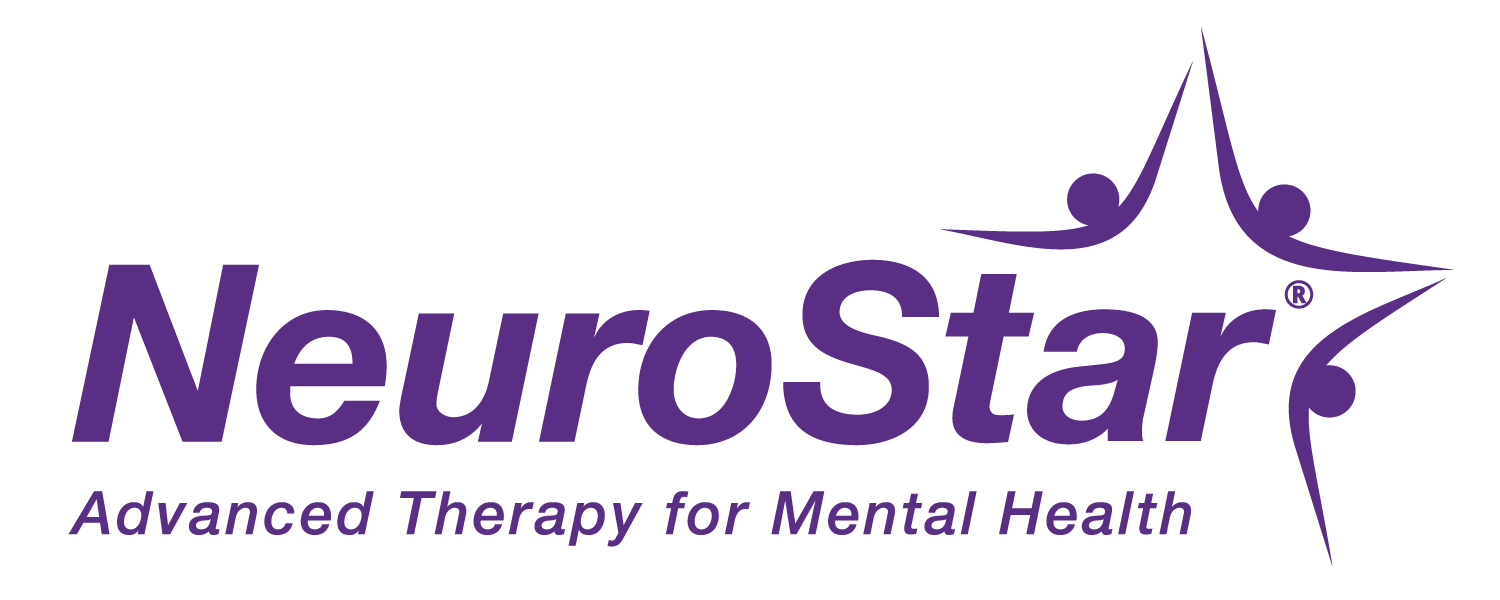Magnetic Treatment for Depression: Evidence-Informed Care for Adults
Magnetic treatment for depression offers an evidence-based, non-invasive therapy for adults whose depressive symptoms have not improved with other methods. Individuals seeking complementary mental health strategies beyond traditional therapy or medication may benefit from this approach. At SNBCare, we provide magnetic treatment for depression within our outpatient behavioral health setting. We carefully evaluate each patient […]
TMS Depression Treatment: A Non-Medication Option for Persistent Depression
TMS Depression Treatment: The TMS depression treatment is a safe, FDA-approved, non-invasive procedure that supports, the relief of adults suffering from major depressive disorder, especially for individuals who have experienced little or no response, or limited responses, to conventional methods such as therapy or medications. At SNBCare, clinicians offer TMS depression treatment as part of […]
Depression Magnetic Therapy: Understanding TMS at SNBCare
Depression magnetic therapy is an innovative, non-invasive treatment option for adults struggling with depression who have not fully responded to traditional therapies. At SNBCare, we provide Transcranial Magnetic Stimulation (TMS), a clinically validated procedure designed to help adults regain control over their mental wellness. This therapy combines advanced technology, evidence-informed protocols, and compassionate clinical care […]
Depression and Anxiety Psychiatrist Near Me: Expert Care at SNBCare
If you are looking for a a depression and anxiety psychiatrist near me, SNBCare provides compassionate, evidence-informed care for adults experiencing mood, anxiety, or other behavioral health challenges. Our licensed providers deliver personalized treatment through psychiatry appointments, therapy sessions, and telehealth services in Massachusetts and Rhode Island, ensuring access to professional support for those physically […]
Addressing Concerns and Debunking Myths of TMS Therapy
Addressing Concerns and Debunking Myths of TMS Therapy Transcranial magnetic stimulation, or TMS, is a cutting-edge therapy making waves in the world of mental health. As more and more people seek treatments for depression, anxiety, and other mental health issues, TMS therapy is becoming npp steroids a promising alternative. However, despite its growing success, TMS […]
Tell-Tale Signs to Request a Psychiatric Evaluation
Tell-Tale Signs to Request a Psychiatric Evaluation When it’s time for your physical checkup, a primary clinician assesses your physical well-being in-depth. The evaluation consists of testing one’s reflexes and checking blood pressure, sugar level, and heartbeat. Psychiatric evaluation is no different. A professional psychologist is responsible for analyzing one’s overall mental or psychological health. […]
Why are Psychiatric Evaluations Necessary?
Why are Psychiatric Evaluations Necessary? When it comes to treating depression and mental health issues alike, psychiatric evaluation often emerges as the first line of defense in treating psychological illnesses. Furthermore, a psychiatric assessment is an effective tool to identify the disorder and help clients get the treatment that perfectly fits their mental state. In […]
Caring for Someone with Depression: Tips for Depression Treatment
Caring for Someone with Depression: Tips for Depression Treatment You know how severe depression can be if a friend or loved one suffers from it. It can be pretty difficult to talk openly to someone about their feelings. But you know how crucial it is to get them the depression treatment they need to live […]

